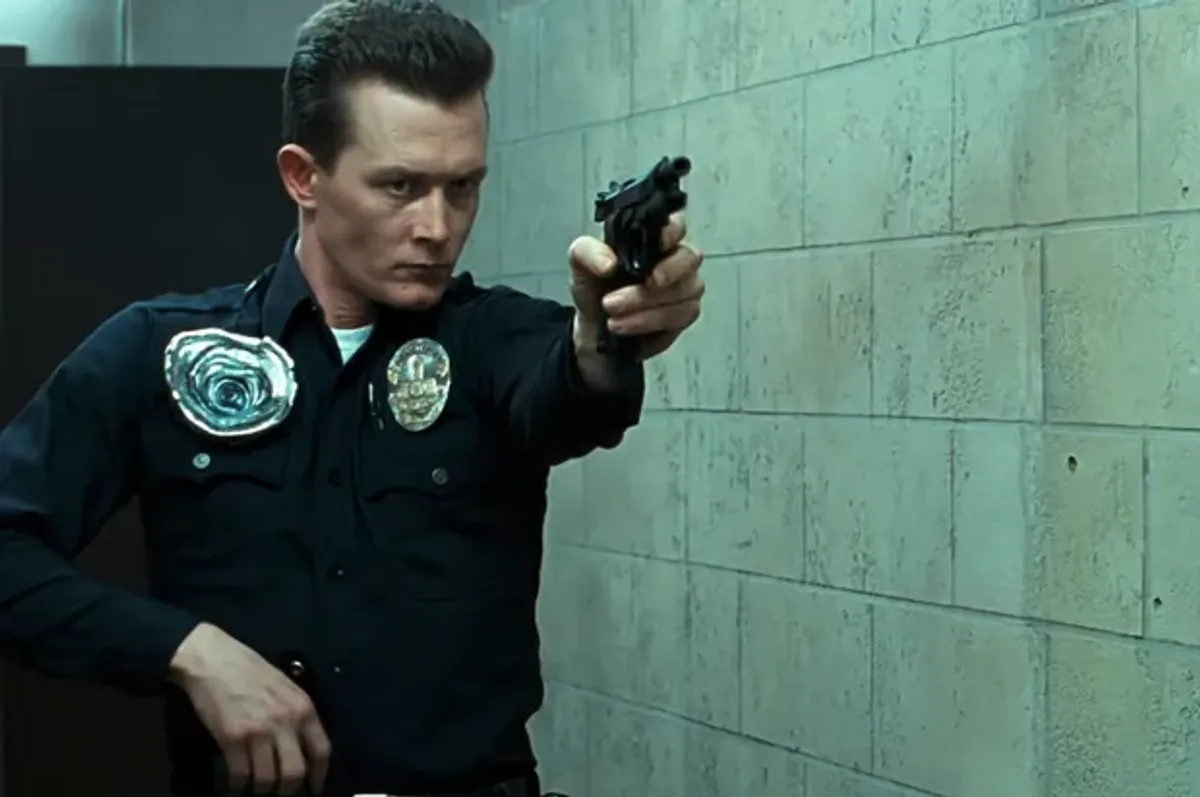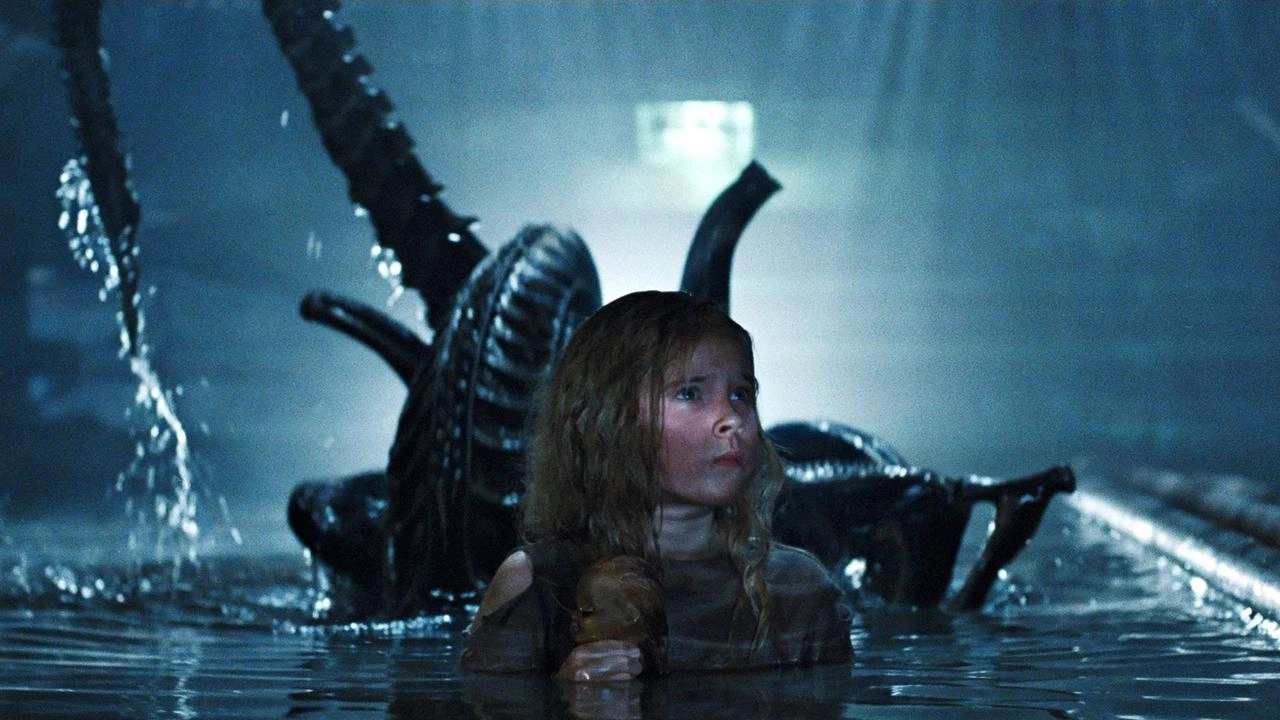If there is any filmmaker who can make a movie like Avatar: The Way of the Water into a success, it would be James Cameron. But even with a career full of cash-rabbits being pulled out of hats, the odds are stacked against him more than they have ever been.
No matter how you look at it, Avatar: The Way of the Water is a monumental risk. Reports have indicated it will end up being one of the most expensive movies ever made, and would require a significant top-4 all-time box office return to even approach profitability. Although it hits theaters at what appears to be an ideal time (no MCU, Star Wars, or other major franchise competition) the certainty of theater ticket sales is not what it used to be. More importantly is the fact that Avatar is NOT from one of those major movie franchises where people actually show up (or traditionally have shown up before the pandemic). Instead, it’s a sequel to a movie released more than a decade ago and has had no other cross-media content to maintain audience awareness.
Kids who saw the original Avatar in theaters in late 2009 are now grown up. In 2009, the MCU was in its infancy, the DCEU consisted of some sketches on a whiteboard at Warner Brothers’, and Lucasfilm had finished up the prequel trilogy and wasn’t planning anything else. A lot has changed since then. Avatar’s biggest competition for box office crown in 2010 was Toy Story 3. Sam Worthington was considered the next great action movie star. Audiences paid extra money to see terrible 3D conversions of major releases. There was no Netflix or Amazon Prime video to lure people away from theaters.
![]()
But as different as things were in 2009 at the time of Avatar’s release, there were some similarities to today. Specifically, there is ONE similarity which cannot be ignored in terms of the new film’s prospects vs. the old; James Cameron. Yes, the man who claimed himself as king of the world at the 1998 Oscars is still very much the action-oriented, special-effects-obsessed filmmaker he once was. And if Avatar: The Way of the Water seems like it doesn’t bring the same type of eager anticipation as his previous films, well you haven’t been paying attention. That’s what they said about the original film. That’s what they said about Titanic. That’s what they said about Terminator 2: Judgement Day. James Cameron has been here before. He has you exactly where he wants you to be.
Too often modern movies are more about the anticipation than the actual end result. The MCU made its mark for the way it teases the next iteration. It invites that curiosity which the audience can’t ignore. We buy tickets in advance and when it’s all said and done we stay in our seats as the credits roll in order to get a glimpse at where the series is going next. It is a self-perpetuating hype machine. We get sneak peeks at movie teasers, which tease the actual trailer. We go to comic-cons to meet the stars and get juicy bits of information about what they are working on next.
James Cameron’s films don’t rely on the same type of studio-sponsored years-in-the-making hype machine. But his films do tend to be a result of work many years in the making. He had planned to release a sequel to Avatar back in 2012. Then it became 2015, and 2019, and on and on. Cameron doesn’t make a sequel just to cash in on people’s interest in his films. Rather than spend time trying to convince you why you want to see his film, he relies on the experience of watching the film to speak for itself. For this reason, every sequel he has made so far is what I would call a delayed sequel, debuting more than 7 years after the original film. He makes a sequel when he is ready, not the other way around.

Despite being well known as a director of films, Cameron has actually spent most of his career developing the technology he uses to make his films. Each one is a bit of a stepping stone to what he does next. He started his career developing special effects with Roger Corman. He gained experience with stop-go motion, which would make Terminator possible years later. The animatronics developed for that film would help in Aliens. The CGI water effects developed for The Abyss would become the T1000 in Terminator 2: Judgment Day. And Cameron’s experience filming in water in The Abyss would influence his work in Titanic, which inspired his documentary Ghosts in the Abyss (and certainly Avatar: The Way of the Water).
Avatar was originally supposed to release in 1999. Cameron had planned it in the early 1990’s. He had long envisioned the use of CGI to create characters in the film. As production was gearing up, Cameron decided to wait. He didn’t think the technology was right for what he wanted to do, and did not want to compromise on his vision. As a result, he decided to work on making documentaries in order to try and find an application for the technology and develop it further.
Production began in 2005 with a proof-of-concept clip shown to Fox executives. He worked with many designers to come up with the look of the film, and even had to hire two production designers to help complete the massive amount of work it would take to bring his vision to life. Understandably, costs skyrocketed, and Fox had second thoughts about their involvement. Fox only agreed to continue financing the film after Cameron threatened to take the movie to Disney. Fox didn’t have confidence in the ability of the film to make money, they just didn’t want to see Disney succeed with it instead.

While studio executives were uncertain about the film’s prospects, critics and audiences didn’t really know how to react either once they got their first look at the film in teasers and trailers in 2009. But all of this was nothing new for James Cameron. He had seen the same types of skepticism leveled at his work many times before. Cameron’s concept for Aliens was not taken seriously until he had financial success with The Terminator. Creative differences during the production of The Terminator caused a rift between Cameron and his producer which made it extremely difficult for him to get the rights for the sequel. Critics expected Titanic to become a box-office bomb because of its massive budget. They said the same thing about Avatar, comparing it to the Smurfs.
Regarding the often massive budgets of his films, James Cameron has said, “I think pressure’s good for filmmakers. It makes us think about our audiences and what the audience wants. It makes us in a sense beholden to the audience.” He realizes the stakes, and in face of those odds he has experience. Every film he has ever made has had to overcome almost the exact same difficulties as Avatar: The Way of the Water faces. In fact, Cameron has had to prove himself with every single film he has ever made. Despite almost all of his films being huge box office successes (3 of them becoming the highest-grossing films ever made at the time of their release), he still is doubted by both those inside and outside the industry.
![]()
Despite all of the odds against which James Cameron’s films have overcome, he always seems to be the underdog. It’s an incredibly unique and interesting place to be in the industry. Filmmakers who have achieved popular appreciation, critical acclaim, and success at the box office typically get the opportunity to do whatever they want. Cameron always seems to push the boundaries of contemporary expectations for film, and as a result people are hesitant to buy into his approach. So often these days we see creative filmmakers join mega-franchises which signifies a willingness to cede creative control for some financial/commercial stability. Cameron has essentially always done the opposite – maintaining strict creative control and yet never compromising on the budget either.
All of this leads to Avatar: The Way of the Water, which Cameron has himself described as “the worst business case in movie history.” Despite all of the risky propositions Cameron has come through on in his career so far, this one somehow feels even riskier. It’s not just the massive budget, or the lack of belonging to a tentpole film franchise in an era when EVERY big-budgeted film has to be part of something bigger. Cameron has already overcome similar challenges several times in his career. What he is facing now, his biggest challenge yet, is our collected apathy towards cinema.
Ticket sales are on a decline. Cinemas have shut down. There’s less and less incentive for studios to try something new, which only compounds the issue of audience boredom. The time we traditionally spent watching expensive movies is now used to binge-watch equally-expensive streaming shows. Cameron may be in full control of his craft, he may have access to every “weapon” he could ever conceive to blow our minds. The Way of the Water might exhibit the most cutting-edge cinematic technology ever witnessed by mankind. It might represent the final frontier of entertainment, the pinnacle of what the motion picture was destined to become.
But all of that won’t matter if no one cares about it. And unfortunately for everything James Cameron can do, he can’t actually change this.

